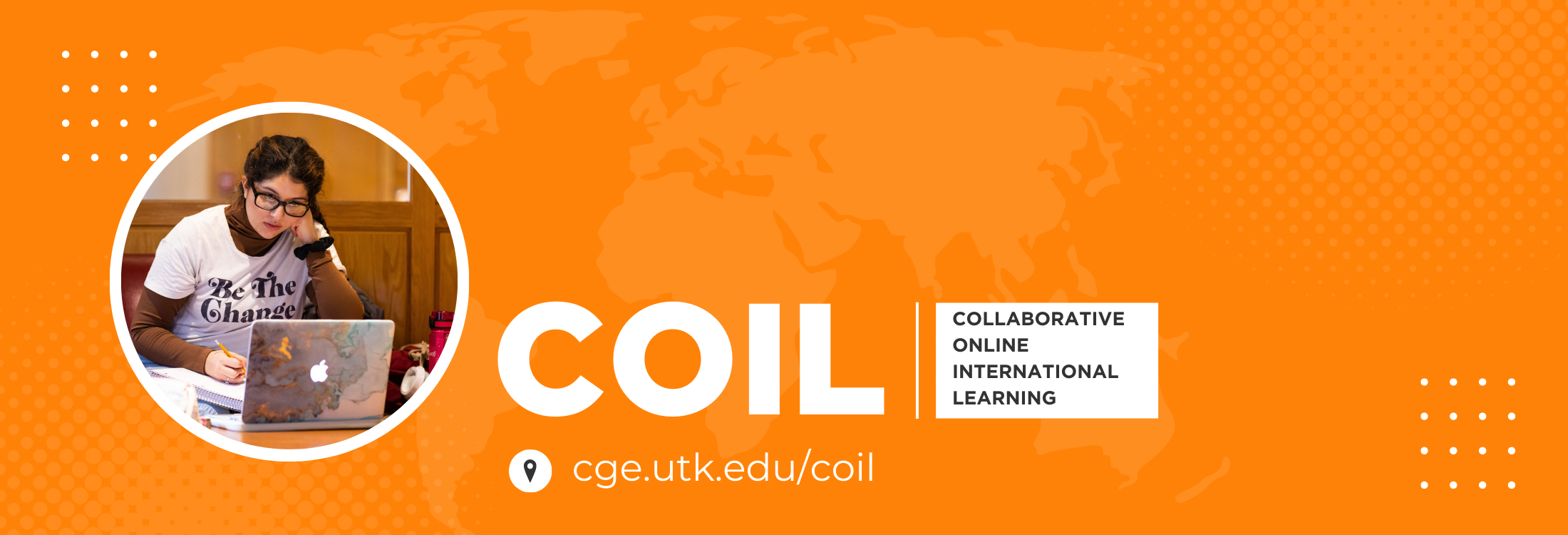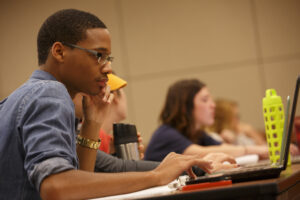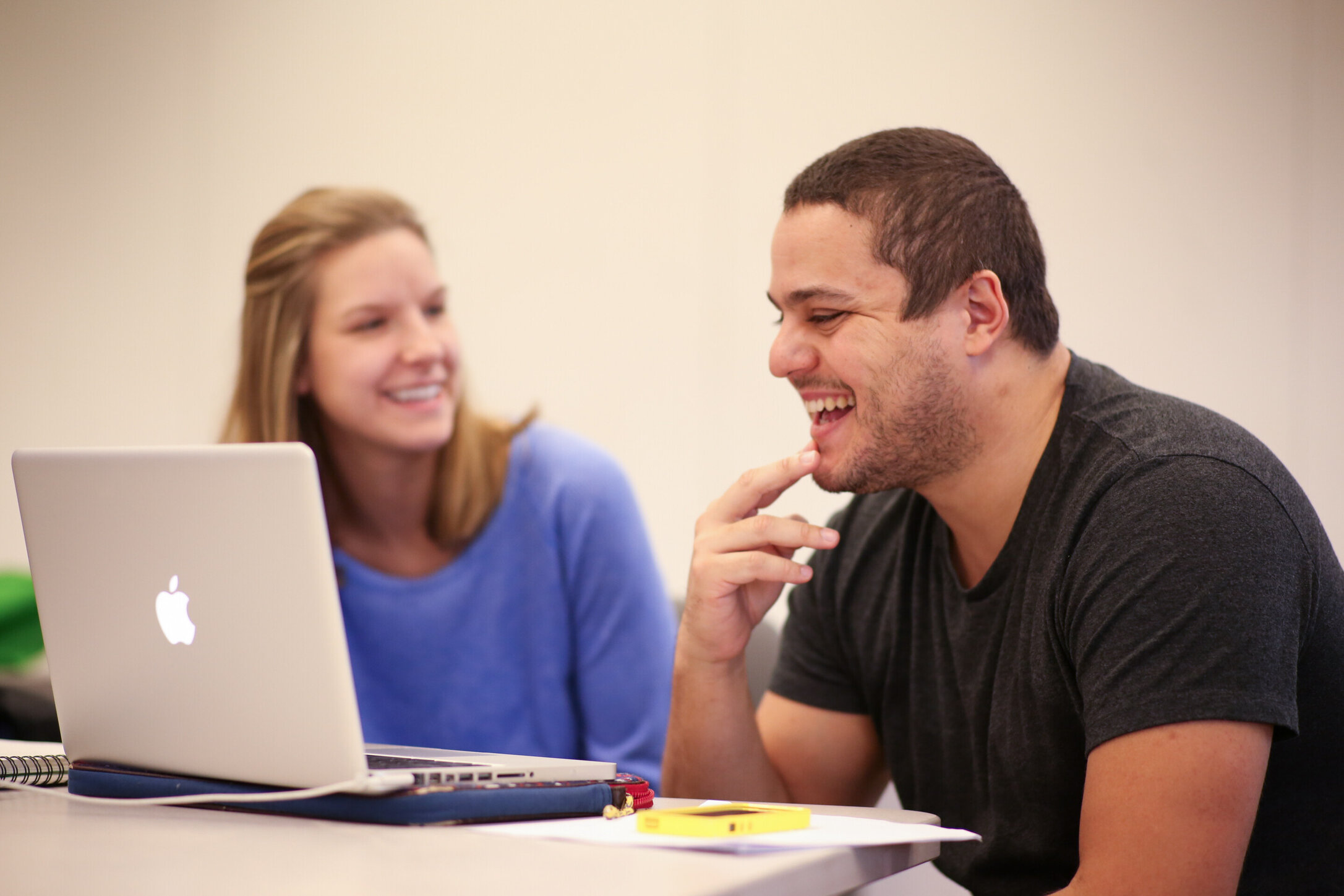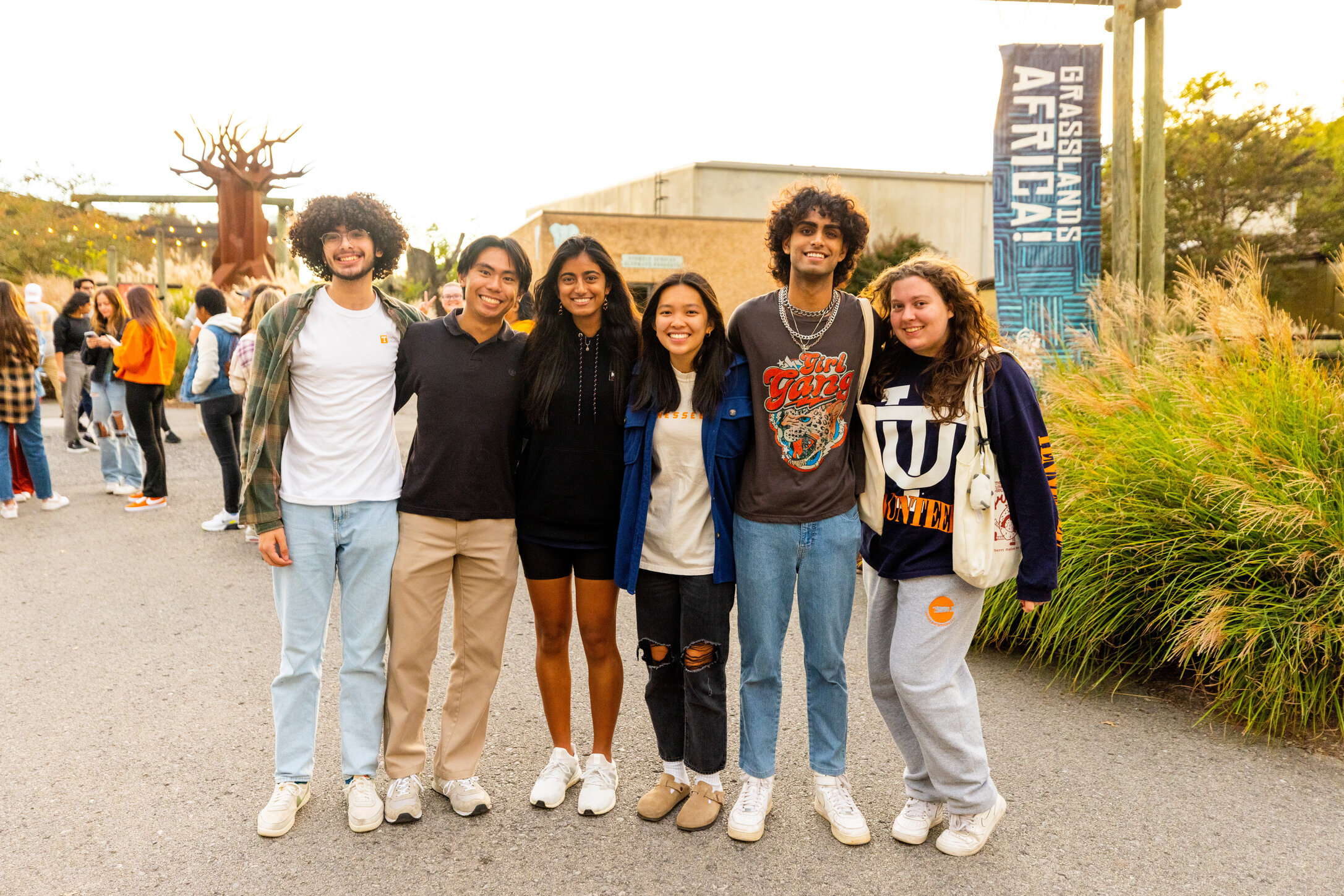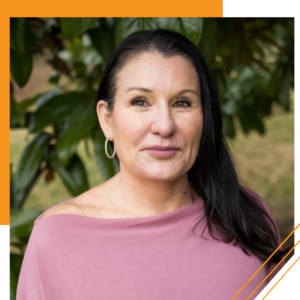What is COIL Virtual Exchange?
Video credit: COIL at FIU Global
COIL is also a high-impact teaching and learning practice that combines collaborative assignments/projects with diversity/global learning and, depending on course design, can have elements of service or community-based learning or undergraduate research.
Collaborative Online International Learning (COIL) is a type of virtual exchange. It is a cost-effective pedagogical approach to connecting students across cultures for learning and collaboration. It utilizes technology to enhance global learning and facilitate intercultural development as students complete activities and projects based on course learning objectives.
COIL emphasizes intercultural learning, provides students with opportunities for meaningful engagement with differences, and plays a useful role in a comprehensive approach to internationalization.
COIL is an inclusive practice because it supports students who may not have access to traditional study abroad programs that are often associated with intercultural development. A wide-ranging list of benefits of COIL is below.
Benefits of COIL Virtual Exchange
Students
- Intercultural development
- Experiential learning
- Digital Literacy
- Experience in Virtual teamwork
- Cost-effective
- Interdisciplinary
- Inclusive and accessible practices
- Course-based career readiness
Faculty/Instructors
- Intercultural development
- Pedagogical/andragogical development
- Digital Literacy
- Interdisciplinary
- Participating in a global community of practice
- Experiences to put on CV for promotion, tenure
- Promote international research opportunities
- Possible grant/award funding
COIL initiative at the University of Tennessee contributes to the realization of UT’s strategic vision and supports the Center for Global Engagement’s goal of “developing and supporting a university culture in which global engagement is prioritized and encouraged”
Explore COIL-Ready Courses: Partner with Us Today!
Term: AUG 2023 − DEC 2023
This course explores the intricate relationship between humans and robots, focusing on advanced topics in human-robot interaction (HRI). Students will delve into cutting-edge research and practical applications, critically examining the challenges and opportunities presented by the integration of robots into human environments. Each student will choose a specific topic within the field of HRI to conduct a comprehensive literature survey, deliver a lecture, and produce a research article.
Term: JAN 2024 − AUG 2024
Engish 295 is a writing-intensive class that centers on workplace writing. The English Department offers many sections of the class because it meets a second-year writing requirement for students in many professional majors, including business, forestry, and kinesiology. My sections of the class center on writing as a way to build relationship. I emphasize audience/situation analysis, cultural intelligence, and research into discourse communities as essential steps in the writing process.
Term: JAN 2024 − MAY 2024
This is a beginner’s Italian language course that focuses on spoken language and culture. Students use the language actively every day. They are assigned show and tell, culinary showcases, discovery activities, and lots of hands-on material to use the language with their peers. They visit museums on campus to discover and write. The do scavenger hunts to practice grammar, vocabulary, idiomatic uses of the language etc.
Term: JAN 2024 − MAY 2024
The course is offered to junior and senior college students. While negotiation, bargaining, and diplomacy occur throughout international relations, this course focuses on cutting-edge political science research regarding bargaining and diplomacy in civil war. It explores how bargaining influences the onset of conflict, the strategies employed by both the government and rebels, and how third-parties, especially the United Nations and regional organizations, can help shape the bargaining process.
COIL Virtual Exchange Stories
Contact Us
Fill out the COIL interest form to receive news and announcements.
Email:ut_coil@utk.edu
